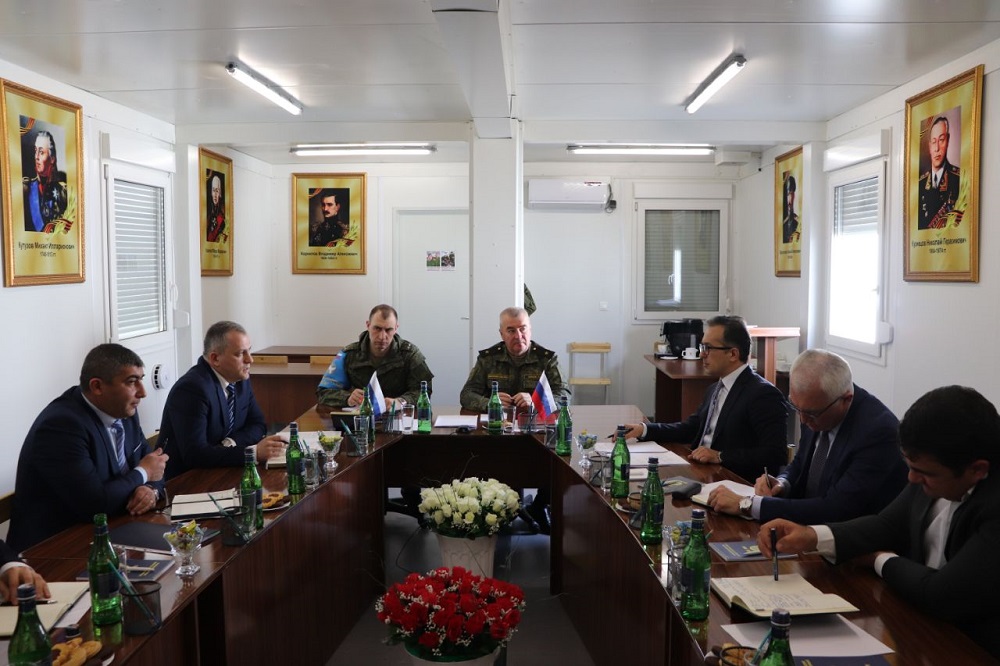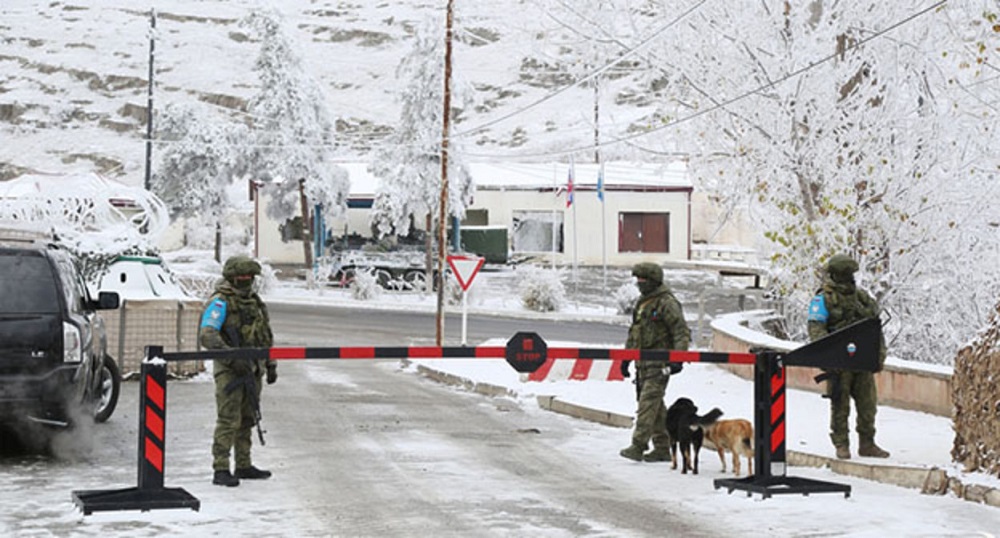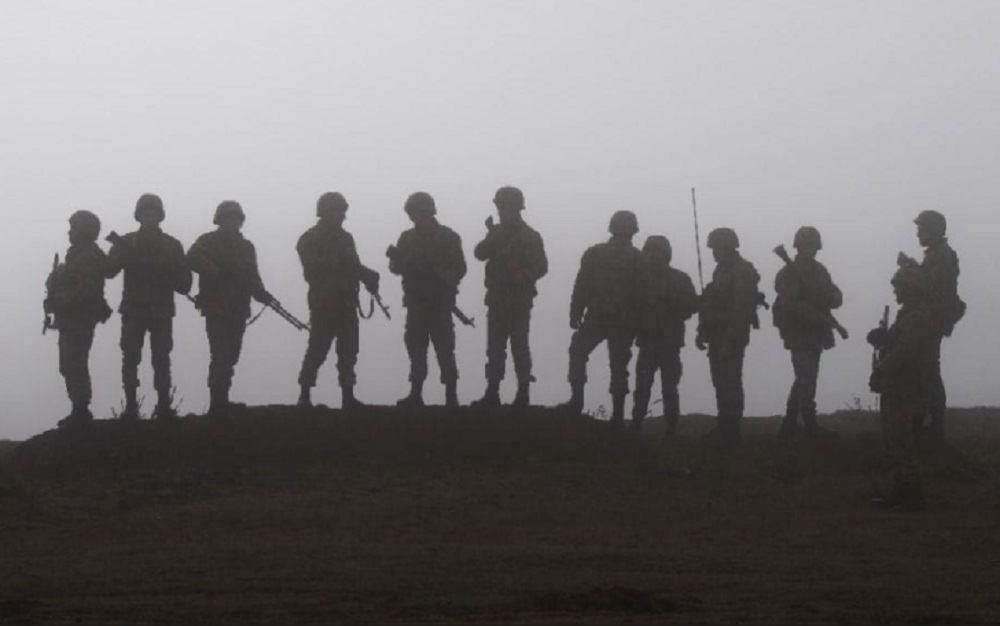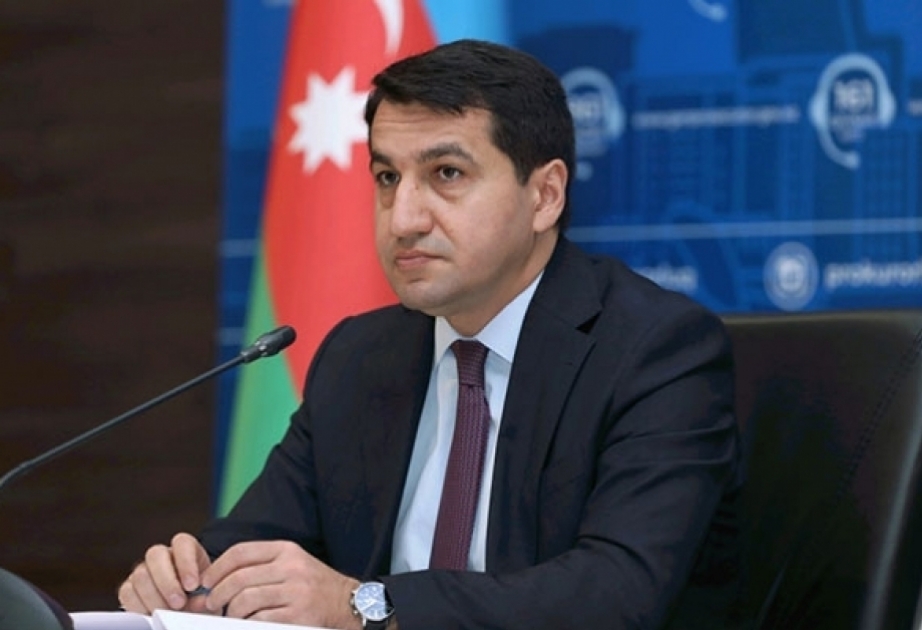Karabakh Armenians refuse to negotiate in Baku again: what it means
Karabakh Armenians refusal to negotiate
The Azerbaijani authorities offered the Armenian community of Karabakh to meet in Baku to continue negotiations, the second invitation after the first meeting in Khojaly on March 1, but the Armenians refused to go to Baku. “After each refusal of the Armenians to meet with the leadership of Azerbaijan, their opportunities will decrease,” political scientist Farhad Mammadov believes.
- “We cannot intervene”: head of EU mission on a possible offensive by Azerbaijani Armed Forces
- Amnesty International Report on Georgia: Selective justice and political persecution of opponents
- Aliyev on the preparation of the tripartite statement of November 10, 2020
Immediately after a long vacation in connection with the Novruz holiday on Monday, March 27, the presidential administration of Azerbaijan publicly invited representatives of the Armenian community of Karabakh to Baku to continue negotiations.
The first official contacts between Baku and Khankendi (Stepanakert) after the second Karabakh war took place on March 1 in Khojaly, at the headquarters of the Russian peacekeeping contingent temporarily stationed in Karabakh.
On the part of official Baku, deputy of parliament Ramin Mammadov was appointed the head of the delegation for negotiations with the Karabakh Armenians.
Almost two weeks after the first talks in Khojaly, on March 13, official Baku issued the first invitation to the capital of Azerbaijan to hold the second round of talks. The Armenian side refused.
The day before, the Karabakh Armenians made it clear that they would not agree to holding talks in Baku this time either.
“The choice is for the Armenians to make”
The armed forces of Azerbaijan, having taken a height near which three dirt roads converge, and along which it is possible to bypass the Lachin road and drive to Armenia, established control over these routes, political observer Oktay Gasimov says:
“This was done in order to put an end to the supply of weapons, ammunition, mines, and other military equipment by Armenia to illegal Armenian armed groups stationed in the Karabakh economic region of Azerbaijan, as well as the transportation and rotation of personnel of the Armenian Armed Forces.”
He stressed that Azerbaijan may soon take “other steps in different directions”:
“One of these steps is Baku’s call to hold a meeting in Baku and discuss the reintegration of Karabakh into Azerbaijan. This is a clear message for Azerbaijan, the essence of which boils down to the fact that one should not even think about revenge. At the same time, Azerbaijan invites the Armenians of Karabakh to dialogue and reintegrate with Azerbaijan.
The choice is for the Armenians to make. But it is premature to think that they have drawn any conclusions from what is happening. Quite recently, the separatists held a meeting of the so-called “Security Council”, following which it is clear that they will not agree to voluntary reintegration.”
“New realities have been formed”
Political scientist Farhad Mammadov expressed confidence that “after each refusal of the Armenians to meet with the leadership of Azerbaijan, their opportunities will decrease.”
“You need to understand that between the first and second proposals, Azerbaijan carried out an operation in Karabakh and took control of all alternative roads that lead to the Lachin corridor. That is, new realities have formed that limit Armenia’s ability to supply weapons to Karabakh. And already in the new situation, a new proposal was made to meet.”
Mammadov believes that this is being done by the leadership of Azerbaijan in order to demonstrate to all external forces and mediators that Baku is constructive: “but every refusal, in theory and logic, should lead to even greater changes in the situation.”
“Each time after refusal to meet in Baku or in another part of Azerbaijan, an operation will be carried out to change the conditions and situation, and further paralyze the actions of Armenia in Karabakh and a group of people who have usurped power in the Armenian-speaking part of the Karabakh region of Azerbaijan,” he added.
Regarding the statement of the head of the European mission in Armenia, Markus Ritter, that the European mission is holding Azerbaijan back, Mammadov said:
“If the Europeans justify their presence in Armenia by containing Azerbaijan, they will be disappointed. Azerbaijan has no intentions to seize the territory of Armenia. Proof of this is Azerbaijan’s proposal to mutually recognize each other’s territorial integrity. The second element is the intention to establish a checkpoint on the Lachin and Zangezur roads. These two points indicate that Azerbaijan has no intentions to attack the territory of Armenia. So let Mr. Ritter first think and then speak,” he added.
“As for the EU mission itself, if there is a threat to Azerbaijan from the territory of Armenia, the EU mission is not an obstacle in order to deliver a preventative strike, as happened in September last year,” Mammadov said.
And about the possible signing of a peace agreement in Washington, he maintains that the place where the peace agreement is signed is of no fundamental importance for Azerbaijan:
“The main thing is that this agreement meets the national interests of Azerbaijan. The place of signing the peace agreement will rather depend on the Armenian side, where it will be comfortable for it to do it, in the presence of whom. Because this country suffers from cognitive dissonance. On the one hand it is a member of the CSTO and the EU, but on the other gravitates toward the US and the EU. Where it will be more comfortable for them to sign a peace agreement is of no fundamental importance to us. The main thing is the result,” he concluded.






















